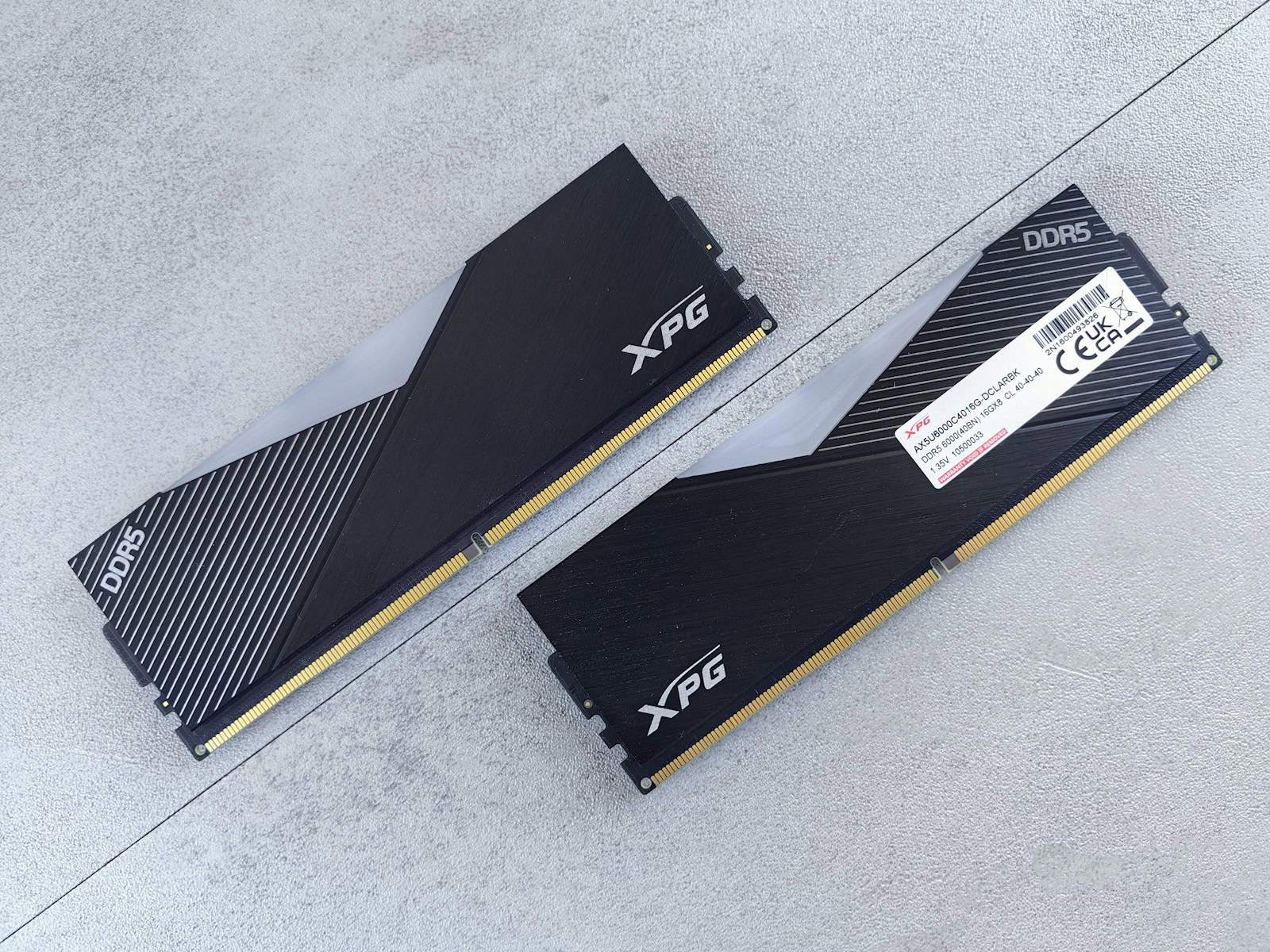RAM is a crucial part of any computer system. It helps your device run smoothly and quickly. Many people wonder how long their RAM will last before needing replacement.
RAM typically lasts for 8 to 10 years or more with normal use. Unlike other computer parts RAM doesn’t wear out from regular use. Its lifespan depends on factors like quality manufacturing and proper care.
Good RAM can last indefinitely if treated well. Most users will upgrade their RAM for better performance long before it fails. Knowing how to extend RAM life can save you money and keep your computer running well for years.
How Long Does RAM Typically Last?
Average Lifespan
RAM is known for its longevity. You can expect your RAM modules to last anywhere from 5 to 10 years, even with regular use. In fact, RAM often outlasts other computer components. Many users upgrade their systems before their RAM shows any signs of failure.
Factors Affecting Lifespan
Several factors can influence the lifespan of your RAM:
- Manufacturing Quality: RAM modules from reputable brands tend to have better build quality and longer lifespans.
- Usage Intensity: Heavy workloads, such as gaming or video editing, can put more stress on RAM and potentially shorten its lifespan.
- Overclocking: Overclocking your RAM can lead to higher temperatures and increased wear and tear, reducing its lifespan.
- Operating Temperature: High temperatures can damage RAM modules over time. Ensure your computer has adequate cooling.
- Environmental Factors: Dust, humidity, and power surges can also affect the lifespan of your RAM.
Signs of Failing RAM
Look out for these signs that your RAM might be failing:
- Frequent Crashes: If your computer crashes or restarts unexpectedly, it could be a sign of faulty RAM.
- Blue Screens of Death (BSODs): BSOD errors, especially those with memory-related messages, can indicate RAM problems.
- Data Corruption: If you experience file corruption or data loss, it could be due to failing RAM.
- Performance Issues: Slowdowns, freezes, and stuttering can be caused by faulty RAM.
- Failure to Boot: In severe cases, your computer may fail to boot altogether if the RAM is damaged.
Prolonging the Life of Your RAM
You can take steps to extend the life of your RAM:
- Avoid Overclocking: Unless you’re an experienced user, it’s best to avoid overclocking your RAM.
- Ensure Proper Cooling: Make sure your computer has adequate cooling to prevent overheating.
- Keep Your System Clean: Regularly clean your computer to prevent dust buildup, which can affect cooling and damage components.
- Use a Surge Protector: A surge protector can help protect your RAM from power surges.
Limited Lifetime Warranties
Many RAM manufacturers offer limited lifetime warranties on their products. This means that if your RAM fails due to manufacturing defects, you can get it replaced for free. However, the warranty may not cover damage caused by overclocking, improper handling, or other external factors.
Upgrading vs. Replacing
In many cases, you’ll upgrade your RAM as part of a system upgrade before it fails. However, if you experience signs of failing RAM, you can replace the faulty modules to restore your computer’s stability and performance.
Table: RAM Generations and Lifespan Trends
| RAM Generation | Typical Lifespan | Factors Affecting Lifespan |
| DDR3 | 5-7 years | Manufacturing quality, usage intensity, overclocking |
| DDR4 | 7-10 years | Manufacturing quality, usage intensity, overclocking, operating temperature |
| DDR5 | 10+ years (estimated) | Manufacturing quality, usage intensity, overclocking, operating temperature, on-die ECC |
**Note:** These are general estimations. Individual RAM modules may last longer or shorter depending on specific factors.
Key Takeaways
- RAM can last 8-10 years or more with proper care
- Quality and usage affect RAM lifespan more than age
- Upgrading RAM often happens before failure due to performance needs
Understanding RAM and Its Lifespan
RAM is a key part of your computer. It affects how fast your system runs. The lifespan of RAM can vary based on several factors. Let’s explore the types of RAM, what affects its life, and how to spot issues.
Types of RAM
There are different kinds of RAM:
- DDR3: An older type, still used in some systems
- DDR4: The current standard, faster than DDR3
- DDR5: The newest type, offers the best speed
Each new version is faster and more efficient. DDR4 is the most common type right now. It offers a good mix of speed and cost. DDR5 is the future of RAM. It’s faster but also more expensive.
Factors Affecting RAM Lifespan
Several things can impact how long RAM lasts:
- Quality: Better RAM tends to last longer
- Usage: Heavy use can wear RAM out faster
- Temperature: High heat can damage RAM
- Power surges: Sudden spikes in power can harm RAM
RAM typically lasts 8 to 10 years. But this can vary. Proper care can help it last longer. Avoid overclocking if you want your RAM to last. Keep your computer cool. Use a surge protector to guard against power spikes.
Signs of RAM Degradation
Watch for these signs of failing RAM:
- Frequent system crashes
- Blue screens of death
- Random reboots
- Programs closing unexpectedly
- Corrupted files
If you see these issues, test your RAM. Many computers have built-in memory tests. You can also use free software to check your RAM. If tests show problems, it might be time to replace your RAM.
Regular backups can protect your data. This helps if RAM issues cause data loss. Keep your system clean and cool. This can help extend the life of your RAM and other parts.
Best Practices for RAM Longevity
Taking care of your RAM can help it last longer. Here are some key ways to extend the life of your computer’s memory.
Proper RAM Maintenance
Keep your RAM clean and cool. Dust can make RAM run hot. Use compressed air to clean RAM slots and chips. Make sure your computer has good airflow and cooling. This helps prevent overheating.
Handle RAM carefully when installing or removing it. Static electricity can damage memory chips. Use an anti-static wrist strap. Touch a metal part of the computer case before handling RAM.
Use a quality power supply. This protects RAM from power surges. Avoid exposing your computer to electrical spikes.
Optimizing RAM Usage
Don’t push RAM too hard. Avoid overclocking unless you know what you’re doing. Run within the manufacturer’s specs.
Close programs you’re not using. This frees up RAM for active tasks. Limit heavy multitasking when possible.
Update your operating system and drivers. This can improve RAM efficiency. Restart your computer regularly to clear the RAM.
Use a memory cleaner tool if needed. But don’t rely on these too much. The OS usually manages RAM well on its own.
When to Replace RAM
Watch for signs of failing RAM. These include frequent crashes, blue screens, or corrupted files. Run a memory test if you suspect issues.
Upgrade RAM if your computer feels slow. More RAM can boost performance for memory-hungry tasks. Check how much RAM your system can support.
Consider replacing RAM after 5-8 years of heavy use. RAM can last 8-10 years on average. But intense usage may shorten its lifespan.
Match new RAM to your system’s specs. Use the correct type and speed for your motherboard. Installing mismatched RAM can cause problems.
Frequently Asked Questions
RAM longevity depends on many factors. Its lifespan can vary widely based on usage and care. Let’s explore some common questions about RAM durability.
What factors can affect the lifespan of RAM in a computing device?
Several things can impact RAM life:
- Heat exposure
- Power surges
- Physical damage
- Usage intensity
- Manufacturing quality
High temperatures can degrade RAM over time. Protect your device from overheating. Power surges may also harm RAM. Use a surge protector to safeguard your computer.
Is there a typical lifespan for DDR4 RAM modules in regular use?
DDR4 RAM often lasts 8-10 years with normal use. Many RAM modules have a 10-year warranty. This shows manufacturers’ confidence in their products’ durability.
What are the signs indicative of RAM reaching the end of its usable life?
Watch for these signs of failing RAM:
- Random system crashes
- Blue screen errors
- Corrupted files
- Slow performance
- Failed boot attempts
If you notice these issues run a memory test. It can help identify RAM problems.
How does the longevity of laptop RAM compare to desktop RAM?
Laptop RAM may have a shorter life than desktop RAM. Laptops often face more physical stress and heat. These factors can affect RAM lifespan. Desktop PCs usually have better cooling which can help RAM last longer.
Can the life expectancy of RAM be extended through maintenance or other methods?
Yes you can help your RAM last longer:
- Keep your PC clean and dust-free
- Ensure proper cooling
- Use a surge protector
- Handle RAM carefully when upgrading
Regular maintenance can prevent early RAM failure. Treat your computer gently to protect its components.
What impact does the amount of RAM, such as 16GB, have on its durability?
The amount of RAM doesn’t directly affect its lifespan. 16GB of RAM can last as long as 4GB. What matters more is the quality of the RAM and how it’s used. Higher quality RAM may last longer regardless of capacity.






